Even first-class travelers rarely pay full price for luxury treatment.
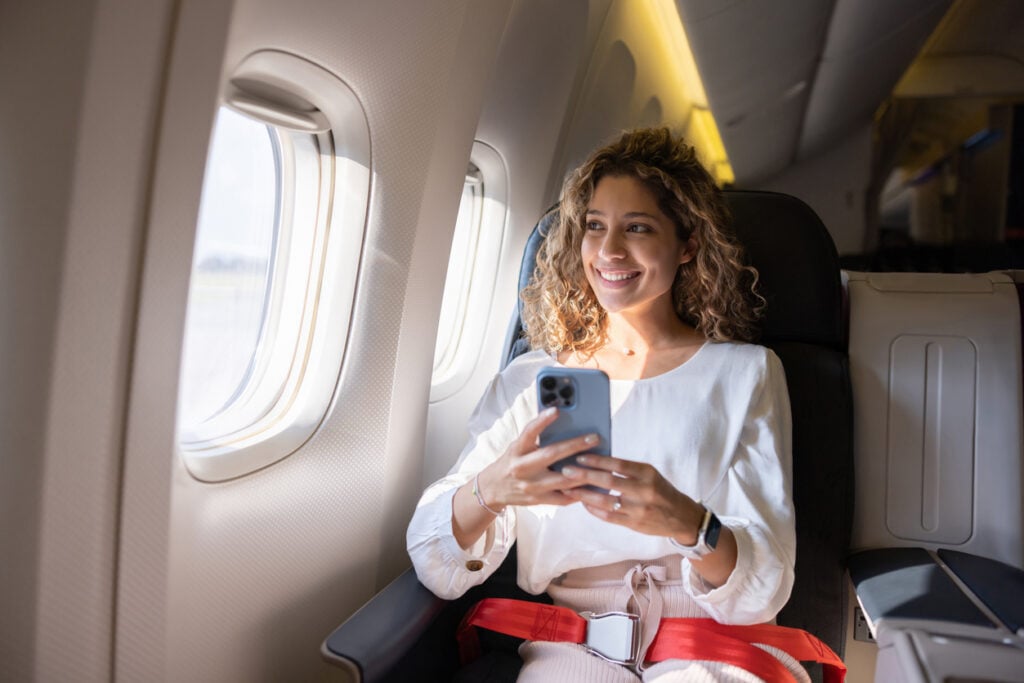
Scoring first-class perks without paying the full fare is a bit of an art—and experienced travelers know how to work the system. You don’t have to be rich or fly constantly to get treated like a VIP. Most of the best upgrades and extras come down to being smart, asking at the right time, or simply knowing what buttons to push. Airlines, hotels, and even cruise lines build wiggle room into their pricing models, and savvy travelers quietly scoop up the leftovers without breaking a sweat.
You might be surprised how far kindness, loyalty points, or just clever planning can take you. Some travelers consistently score lounge access, early boarding, complimentary drinks, and room upgrades just by working angles the average person overlooks. These perks aren’t always advertised, but they’re absolutely available if you know what to ask for—and when. If you’re willing to think ahead and play your cards right, the first-class life can be yours, no black card required.
1. Ask with charm and confidence at check-in.
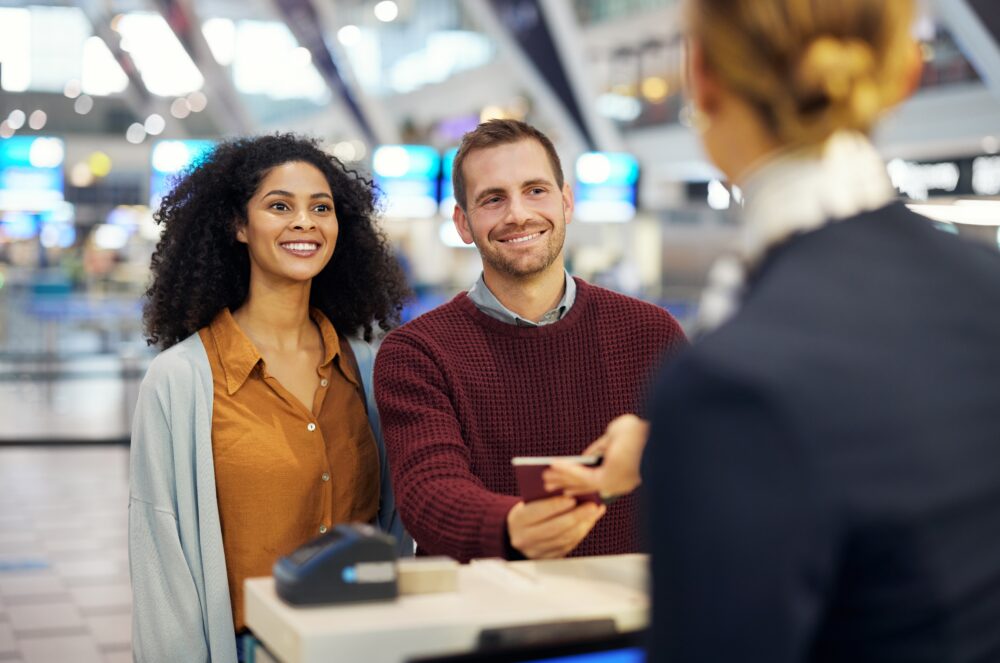
Gate agents and hotel front desk clerks deal with demanding travelers all day, so someone who smiles, makes eye contact, and casually asks about available upgrades stands out—in a good way. The key is to ask like you’re in on a secret, not like you’re entitled. A simple “Are there any complimentary upgrades available today?” said with a smile can open doors. Timing matters too. Early check-in or being the last to board sometimes gives you access to unclaimed perks.
Confidence makes a difference, but pushiness does not. If the answer is no, move on gracefully, and you’ll still have made an impression. On another day, that same clerk may remember you and return the favor. Seasoned travelers know this isn’t about luck—it’s about building a low-key reputation for being pleasant, easy to work with, and always game for a win-win opportunity, as per authors at ProfileTree.
2. Use airline and hotel loyalty programs strategically.
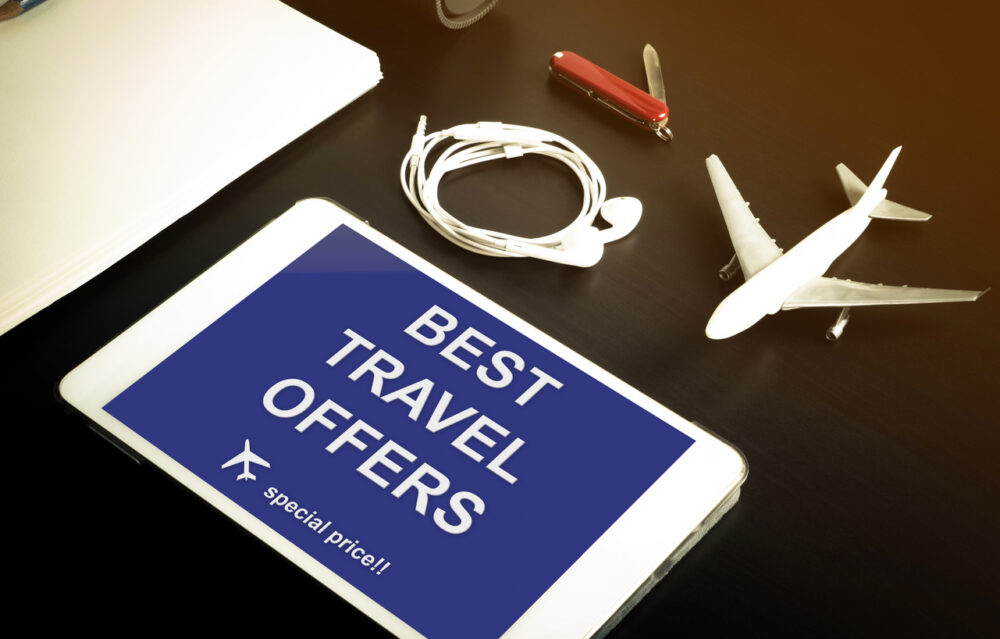
You don’t have to rack up thousands of miles or nights to benefit from loyalty programs. Simply signing up for free memberships can bump you up the upgrade list ahead of non-members. Once you’re in the system, even occasional stays or flights start counting toward perks. Some programs offer soft benefits—like early check-in or preferred seating—right from the start.
The real trick is to stick with one or two brands. Loyalty spreads too thin loses its value. Travelers who focus their bookings can achieve silver or gold status faster, and those tiers often come with unexpected goodies, Chelsea Lowe at TravelAge West reported. Even if you don’t fly weekly, combining a few trips a year with a credit card tied to the same airline or hotel can accelerate your perks faster than you’d think.
3. Dress the part when flying or checking in.

Appearances still count in the travel world, and no one wants to risk upgrading someone who looks like they just rolled out of a camping trip. You don’t need to wear a suit, but a clean, put-together look goes a long way. Think “casual elegance”—dark jeans, loafers, a button-up, or something polished and relaxed.
Staff often make snap judgments about who will fit in first class or a premium suite, as stated by Chris Chamberlin of Point Hacks. Looking like you belong can quietly influence their decision. It’s not fair, but it’s real. If they’re picking between two passengers to fill an open seat in business class, the better-dressed one tends to win. It’s a small adjustment that can have a big impact.
4. Fly during slower travel periods or off-peak times.
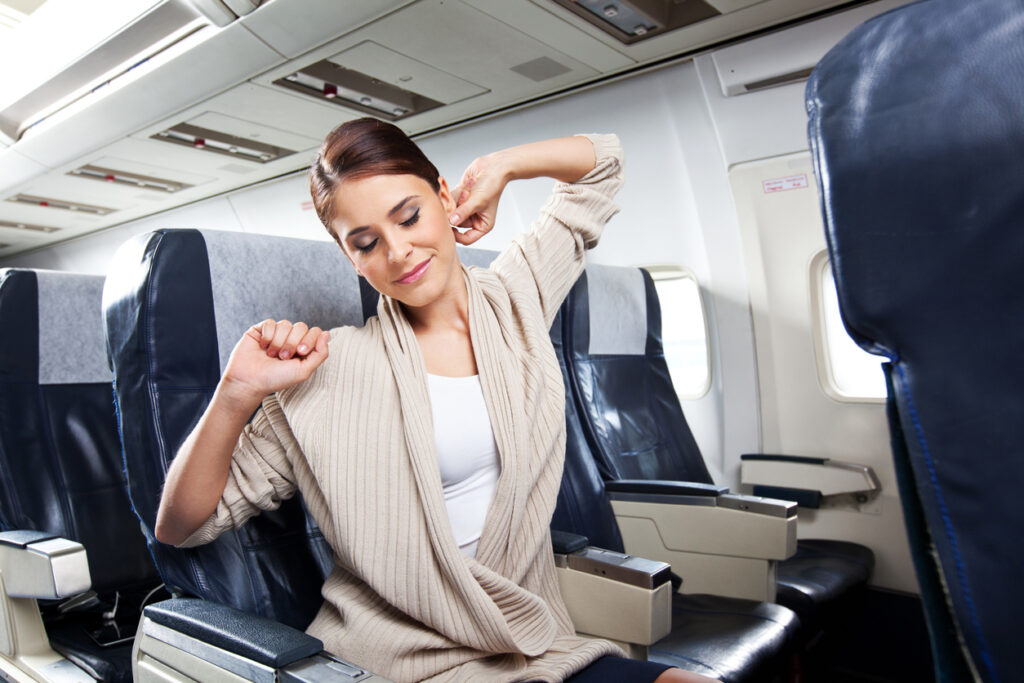
Empty seats mean opportunity. When flights aren’t packed and hotels have plenty of rooms, you’re far more likely to get upgraded just by asking. Traveling midweek, in the middle of the day, or during shoulder seasons makes you a more appealing candidate. Airlines want full cabins, but they also want happy customers. If there’s space and you’re friendly, your chances skyrocket.
Fewer travelers also mean staff have more time to interact and accommodate requests. When everyone’s in a rush and flights are packed, perks disappear. But during slower times, that “might as well” attitude kicks in. If no one else is asking and you’re there with a smile, the odds tip in your favor.
5. Book directly through the airline or hotel’s official site.
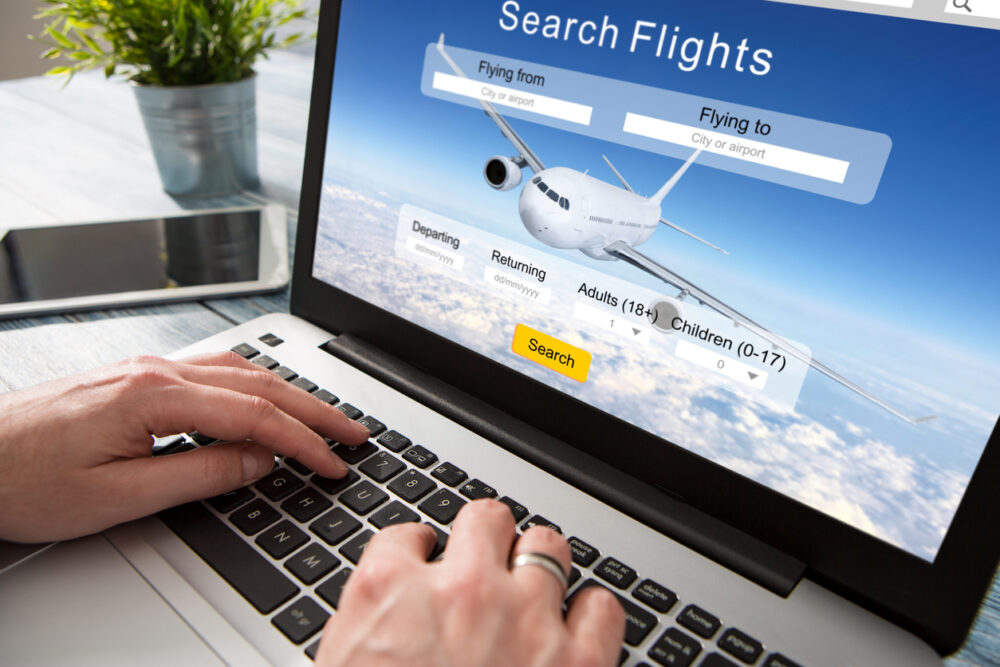
Third-party sites are great for comparing prices, but when it comes to upgrades, they can work against you. Staff usually prioritize direct bookers when giving out perks. It’s a loyalty thing, and it’s also about who they have flexibility with. Booking directly makes it easier for them to move you around, offer a better room, or waive fees without dealing with outside systems.
Also, direct bookings sometimes include special offers that aren’t visible on Expedia or Booking.com. Things like free breakfast, priority check-in, or late checkout pop up for direct customers, especially if you’re logged into their loyalty program. It’s worth the extra two minutes to visit the official site and see what’s quietly being offered to the right kind of guest.
6. Choose your seat or room location with strategy.
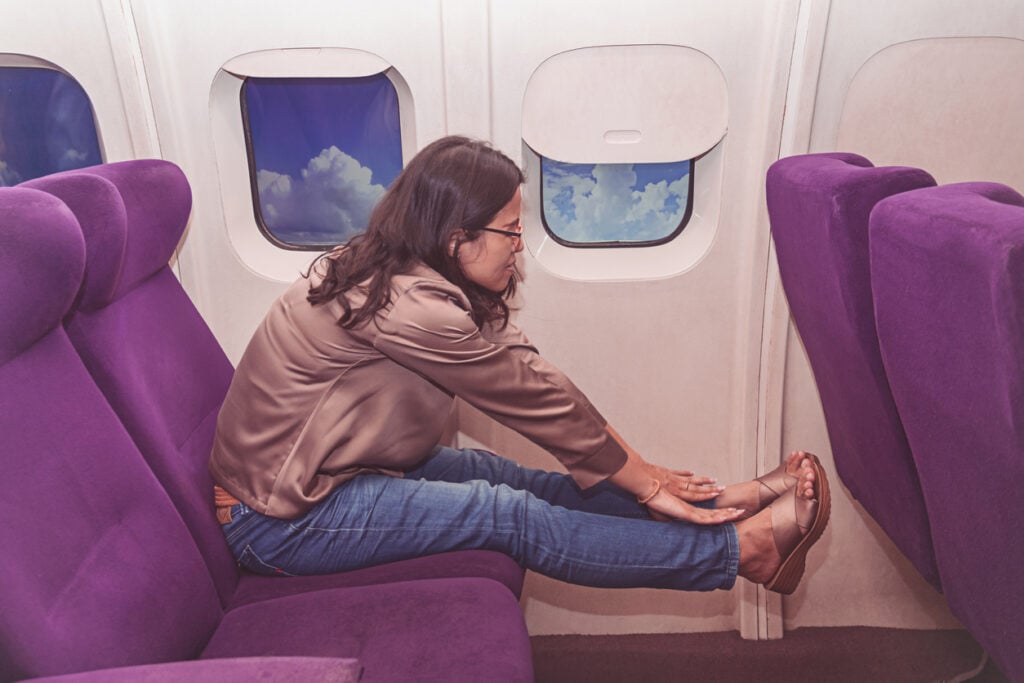
Not all upgrades are about moving to a new class—sometimes they’re about getting a better version of what you already booked. A room on a high floor, near a corner, or away from elevators can feel like a luxury upgrade without costing more. On planes, seats near the front of economy or with extra legroom sometimes go unclaimed and can be grabbed at check-in or just by asking.
Travelers who study seating charts and room layouts ahead of time can game the system without spending more. Some hotel chains even let you pick your room in advance if you book through their app. And on flights, checking back 24 hours before departure can reveal premium economy seats released to regular passengers. Timing and positioning matter more than most people realize.
7. Mention special occasions when appropriate.
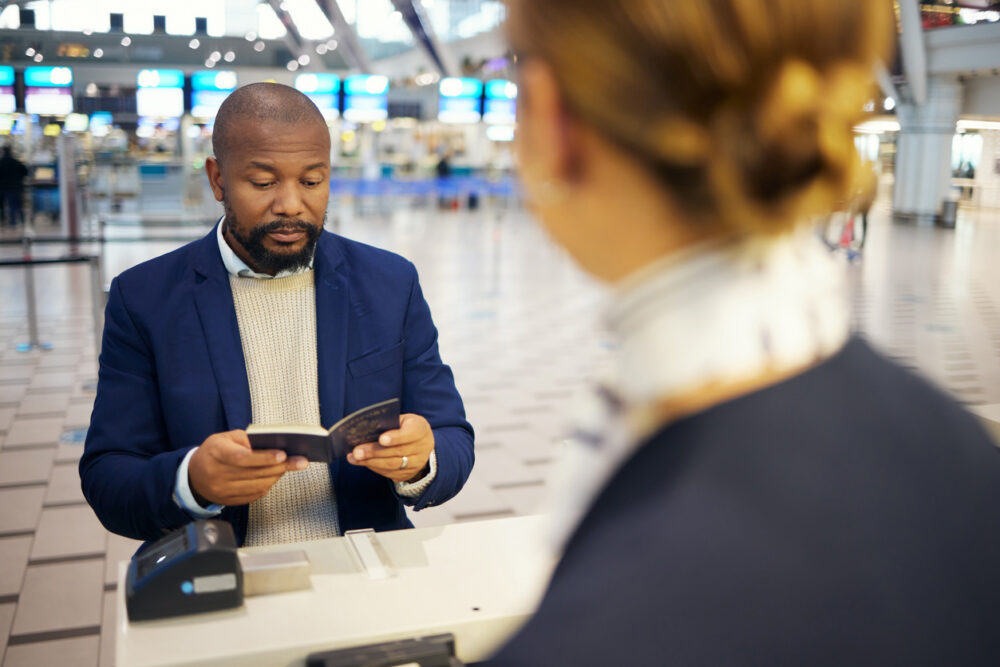
Anniversaries, honeymoons, birthdays—these aren’t just feel-good moments, they’re upgrade gold if handled right. Quietly letting staff know about your special occasion during booking or check-in can work wonders. The trick is to be sincere and low-pressure. A friendly note in your booking like “Celebrating our 20th wedding anniversary” can sometimes lead to a surprise bottle of champagne, a better seat, or a nicer room.
You don’t need to overdo it. Just give them the opportunity to make your experience special. Many brands build budgets for guest happiness and delight. They can’t give perks to everyone, but for a genuine, upbeat couple on a milestone trip? It’s a great excuse to offer something extra.
8. Use credit cards with built-in travel perks.
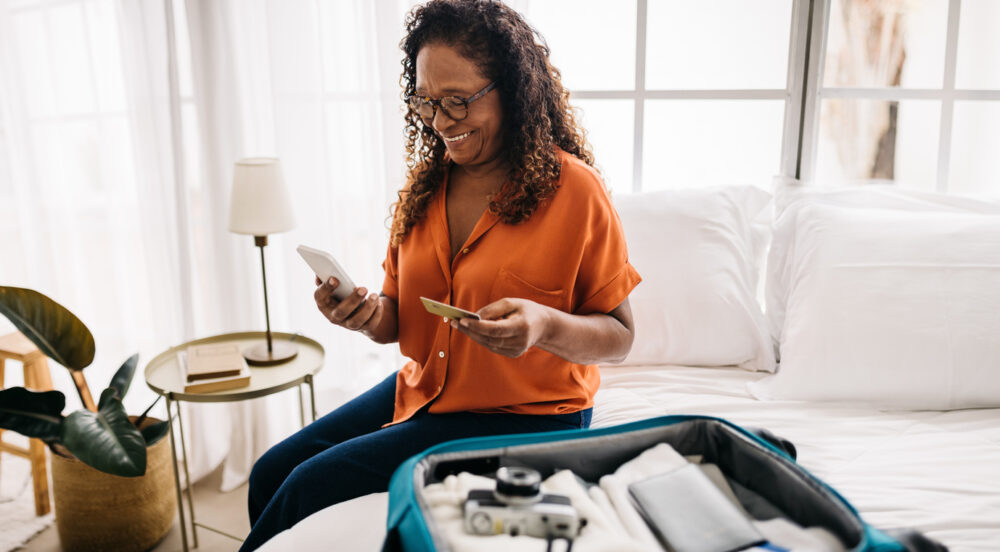
Some travel credit cards come with automatic upgrades, lounge access, priority boarding, and hotel privileges baked in. Even mid-tier cards—not just the premium ones—offer these benefits if you know where to look. Chase Sapphire Preferred, American Express Gold, and Capital One Venture cards often come with partners that unlock surprising luxuries.
The catch? You usually have to book using the card’s travel portal or through affiliated services. Still, that’s a small price for big benefits. Some cards also reimburse you for TSA PreCheck or Global Entry, which can fast-track your entire airport experience. Used right, the perks can rival what business class passengers get—without ever paying that sticker price.
9. Be flexible and willing to volunteer.
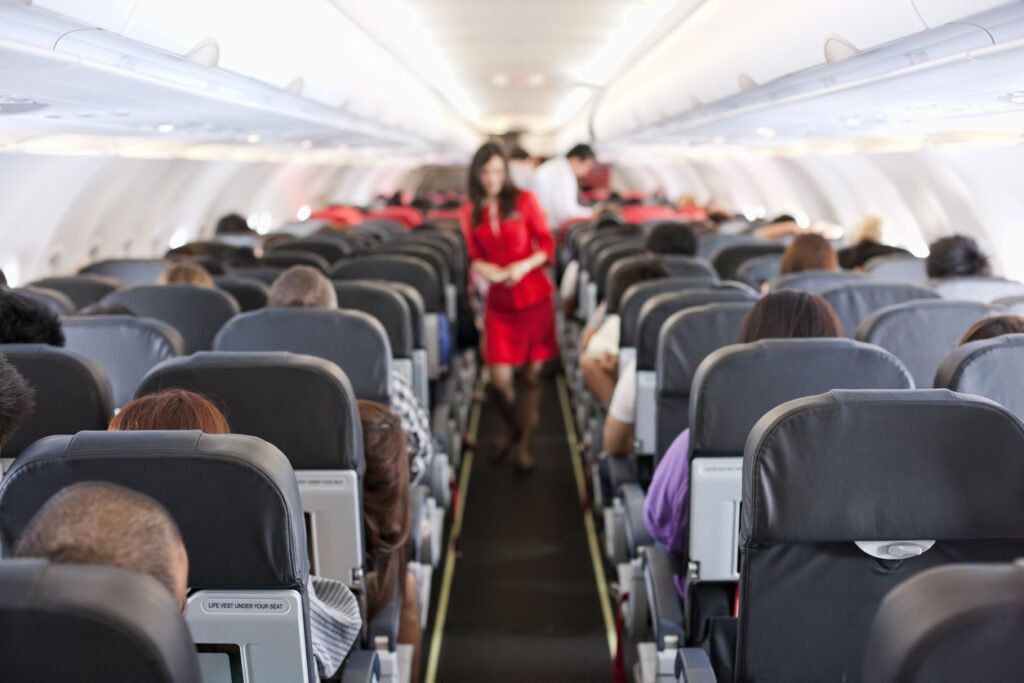
If you’re not in a rush, volunteering to take a later flight or give up your seat can turn into an unexpected jackpot. Airlines often overbook and need volunteers. In return, you might score travel vouchers, lounge passes, or even a bump to first class on the next flight. The trick is to volunteer early and be polite about it.
Being flexible also means you’re in a better position to accept spontaneous offers. If a staff member asks if you’re willing to change rooms or switch seats for operational reasons, saying yes can sometimes lead to a quiet upgrade as a thank-you. The more cooperative and adaptable you are, the more likely you are to be rewarded.
10. Take advantage of airline bump lists.
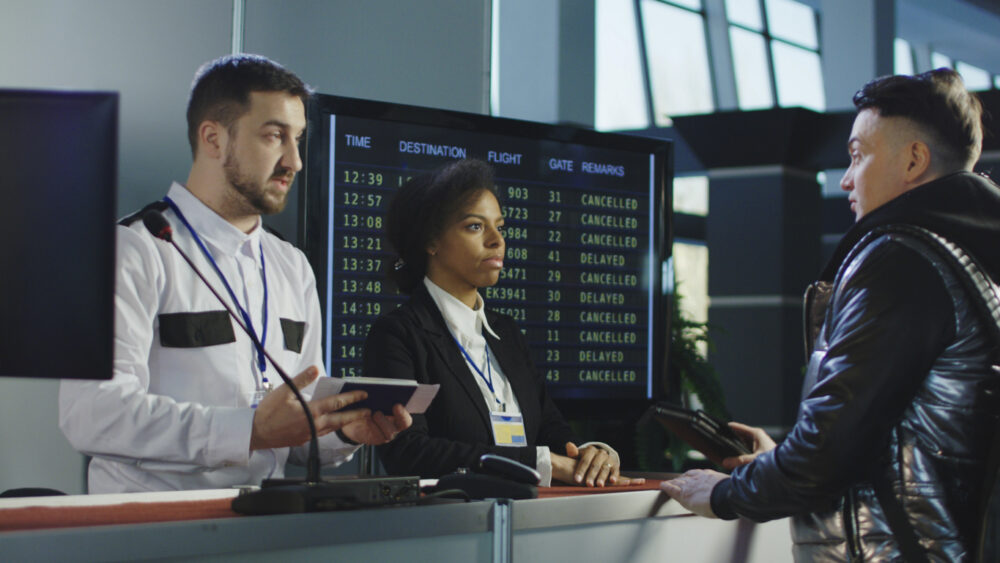
Sometimes airlines need to upgrade someone to make room in coach. If you’re near the top of the list because of status, flexibility, or booking class, you may get the golden ticket. But even non-status travelers can occasionally sneak onto that list by checking in early, flying solo, and being polite at the gate.
Your best move is to ask discreetly: “Are you still looking for volunteers for an upgrade today?” It signals interest without pressure. Gate agents often appreciate proactive travelers who aren’t demanding. It’s not a sure thing, but it’s how many frequent flyers have found themselves sipping wine in lie-flat seats without ever paying for them.
11. Use travel apps that spot upgrade opportunities.
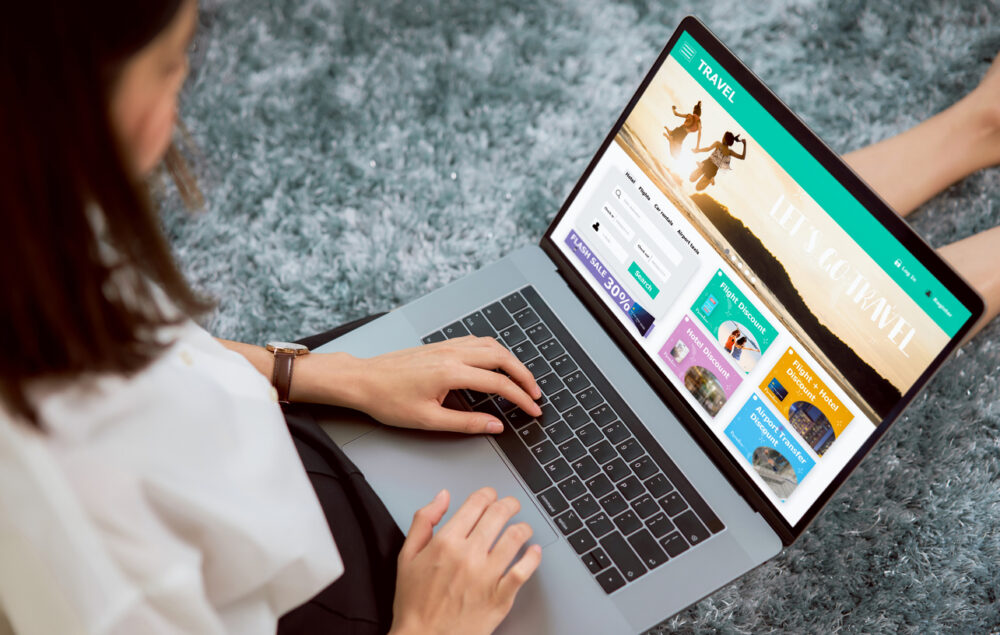
Technology gives you a serious edge. Apps like Seat Alerts, ExpertFlyer, or airline-specific tools can notify you when better seats open up. Some apps even let you set upgrade alerts for specific flights. That means you don’t have to keep checking manually—you just pounce when the time is right.
The smarter apps also track airline patterns, helping you identify which routes and flights are most likely to hand out free perks. Combining data with timing gives you an almost unfair advantage. Most travelers show up and hope for the best. The savvy ones show up already knowing the odds are in their favor.
12. Befriend staff and build relationships.
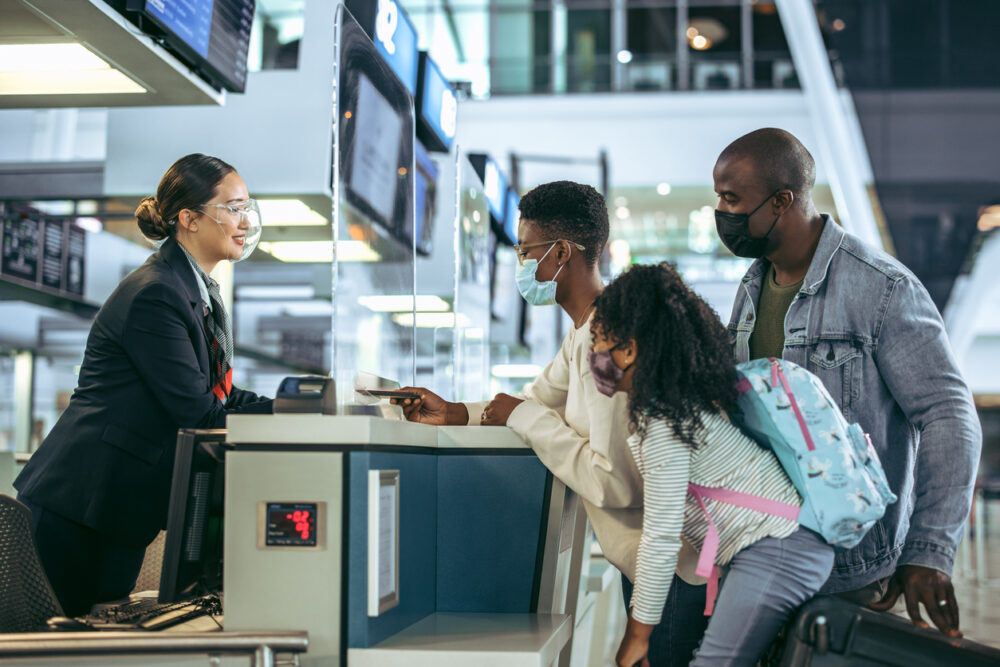
Regular travelers often develop informal friendships with hotel concierges, gate agents, or flight attendants. Those relationships can turn into unexpected perks over time. People take care of those who are kind, respectful, and appreciative. Small gestures like remembering someone’s name, bringing a box of chocolates on a long-haul flight, or simply being easy to deal with go a long way.
If you stay at the same hotel multiple times a year or fly a certain route regularly, be the kind of guest or passenger they’re glad to see again. You’ll be surprised how often that familiarity turns into real-world upgrades. Human connection still beats automation in the right moment.
13. Sign up for airline upgrade auctions or bidding programs.
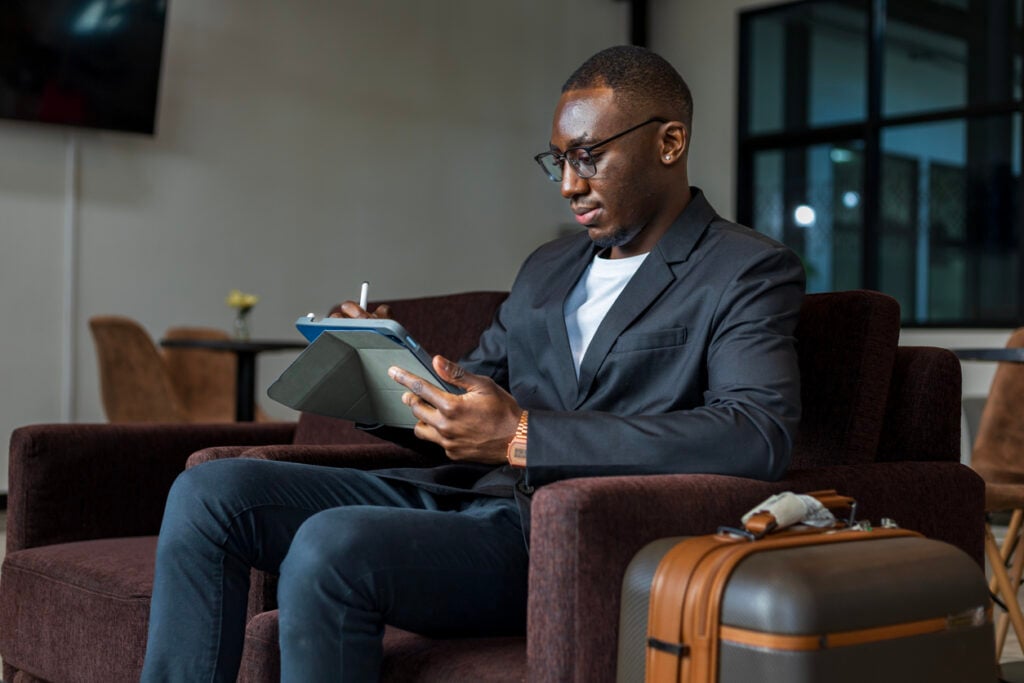
Several airlines now allow passengers to bid for first or business class seats before departure. These silent auctions give you a shot at a luxury seat for a fraction of the full cost. Not everyone participates, which actually increases your odds. You set your bid, and if it’s accepted, you get notified—often just a day or two before departure.
This isn’t technically “free,” but the upgrade value can be outrageous compared to the cost. A $200 winning bid might land you a $2,000 seat. It’s a quiet little secret many travelers haven’t caught onto yet. If you’re already booked and have some wiggle room in your budget, this can be your backdoor into serious comfort.
